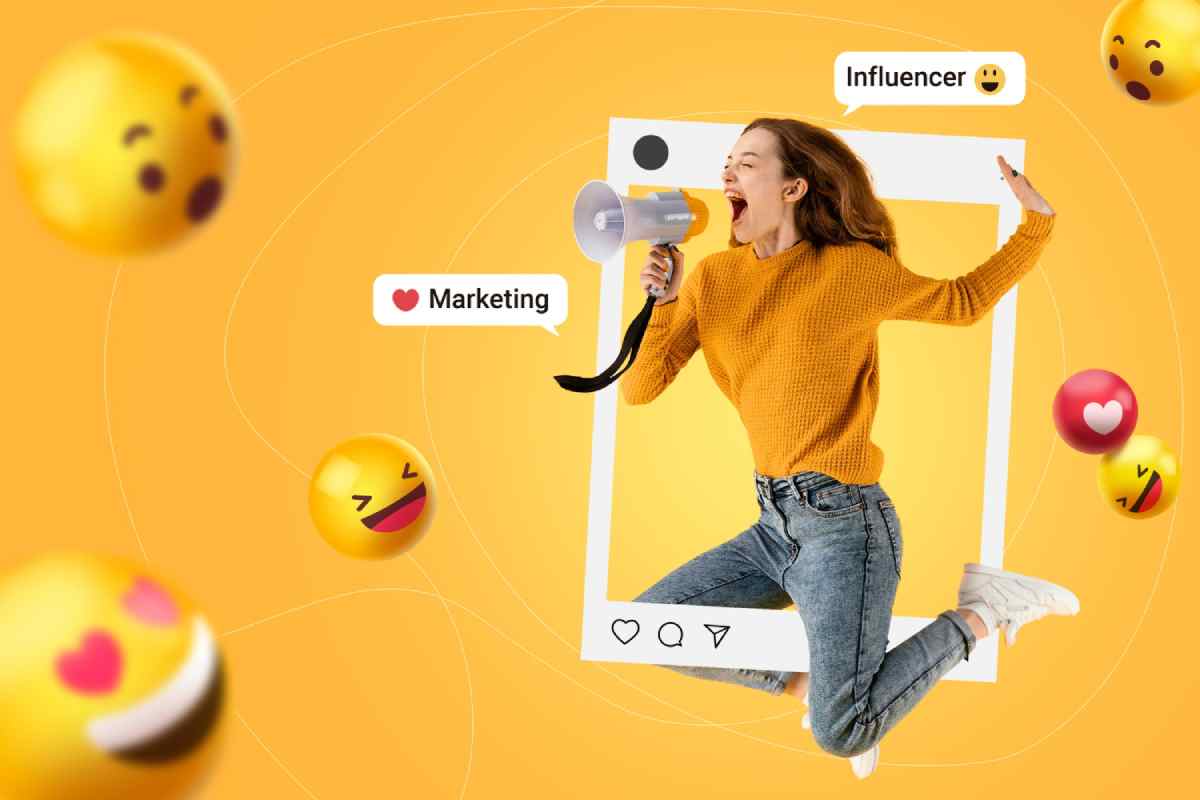AI-Driven Personalization and Automation
In the world of digital marketing, personalization has evolved beyond simply using the customer’s name. AI-driven tools now analyze user behavior, preferences, and interactions to deliver highly personalized experiences across multiple channels. Marketers are increasingly using machine learning to automate email campaigns, suggest products, and adjust content in real-time based on individual user behavior. These strategies not only enhance customer satisfaction but also increase conversion rates. As digital marketing matures, the ability to personalize at scale through automation will be a competitive necessity rather than a luxury.
Video Content Continues to Dominate
Video remains a central force in digital marketing as audiences continue to consume more video content across platforms like YouTube, TikTok, Instagram, and LinkedIn. From short-form videos and live streams to long-form explainer content, video offers a dynamic way to communicate brand messages. Marketers are integrating video into email, landing pages, and social media to boost engagement. Tools like AI video generation and caption automation make content creation faster and more accessible. With algorithms favoring video content, it has become a non-negotiable asset in any digital marketing strategy.
Influencer Marketing Evolves into Strategic Partnerships
Influencer marketing has transitioned from one-off collaborations to long-term strategic partnerships in digital marketing. Brands are increasingly aligning with influencers whose audiences genuinely resonate with their values, resulting in more authentic and sustained engagement. Micro and nano influencers, known for their niche and loyal followings, are gaining popularity for their higher engagement rates. The trend emphasizes mutual value creation rather than mere transactional endorsements. As digital marketing shifts toward community-building and trust, influencer relationships are becoming a core part of brand identity and customer outreach.
Voice Search Optimization on the Rise
With the surge in smart speakers and voice assistants, optimizing for voice search is becoming essential in digital marketing. Consumers are now using conversational queries, which means content must be structured to match natural speech patterns. Marketers are adapting by using long-tail keywords, featured snippets, and question-based content formats. Voice search impacts SEO strategies, pushing marketers to think beyond traditional typing behavior. As voice interactions become more intuitive and widespread, optimizing for them ensures your digital marketing efforts remain visible and relevant across evolving search interfaces.
First-Party Data and Privacy-Focused Strategies
With increasing regulations like GDPR and the phasing out of third-party cookies, digital marketing is undergoing a shift toward privacy-conscious strategies. Marketers are now focusing on collecting and leveraging first-party data—information shared directly by users through interactions on websites, apps, or emails. Consent-driven marketing and transparent data practices are becoming standard. Tools that support cookieless tracking and user preference centers help maintain compliance and trust. Businesses investing in privacy-centric digital marketing not only protect user rights but also build deeper customer relationships through responsible data usage.
Omnichannel Marketing for Seamless Experiences
An effective digital marketing strategy in 2025 means delivering consistent, personalized experiences across all touchpoints. Omnichannel marketing unifies messaging across websites, social media, email, SMS, apps, and even physical locations. With customer journeys becoming more fragmented, brands must ensure seamless transitions between platforms. Advanced CRM systems and automation tools allow marketers to track interactions and tailor messages in real-time. The future of digital marketing lies in orchestrating cohesive experiences that move with the customer, rather than expecting the customer to adapt to isolated channels.
Conclusion
As the digital marketing landscape evolves rapidly, staying ahead requires more than just following trends—it demands strategic integration of emerging technologies, changing user behavior, and ethical practices. From AI-driven personalization and influencer partnerships to privacy-first data collection and sustainability-focused messaging, the trends of 2025 reflect a more mature and user-centered marketing environment. Businesses that embrace omnichannel strategies, optimize for voice and video, and align with customer values will build stronger connections and drive growth. Ultimately, successful digital marketing in 2025 is about creating authentic, data-driven, and socially aware experiences that resonate deeply with audiences across every touchpoint.
Frequently Asked Questions
- What is the most important digital marketing trend in 2025?
AI-driven personalization is considered one of the most impactful trends. - Are short-form videos still effective?
Yes, short-form videos drive high engagement and are favored by most social media algorithms. - How do I optimize content for voice search?
Use conversational language, long-tail keywords, and structured data formats. - Is influencer marketing still relevant?
Absolutely, especially when focused on authentic, long-term relationships with aligned influencers. - What’s the difference between omnichannel and multichannel marketing?
Omnichannel focuses on a unified experience across all channels, while multichannel does not integrate them fully. - How can I collect first-party data?
Use methods like surveys, sign-up forms, and user interactions on owned platforms. - Why is ethical branding important?
It builds trust, loyalty, and aligns with the values of modern, socially conscious consumers. - Are digital ads still effective?
Yes, especially when personalized and part of a broader, data-driven strategy. - Should I still invest in email marketing?
Definitely, email remains one of the highest ROI channels in digital marketing. - What tools support digital marketing automation?
Platforms like HubSpot, Mailchimp, and ActiveCampaign are commonly used for automation.







